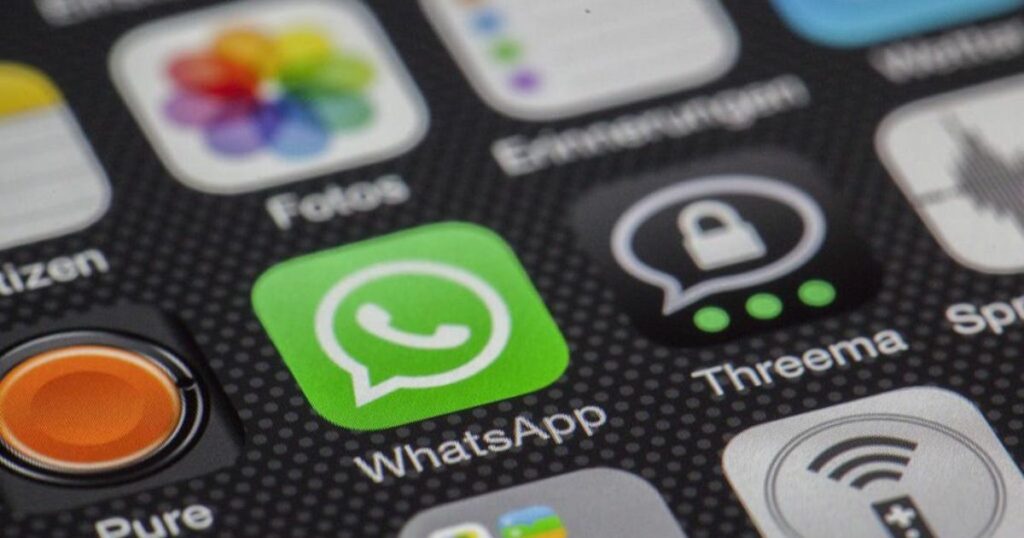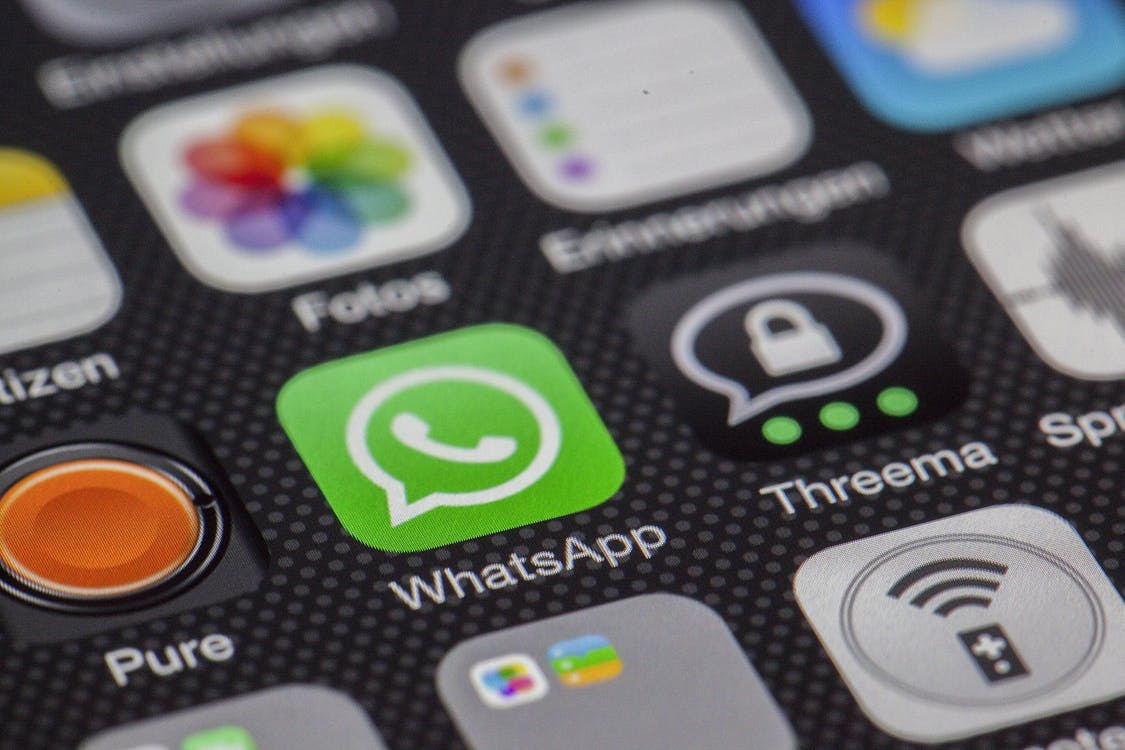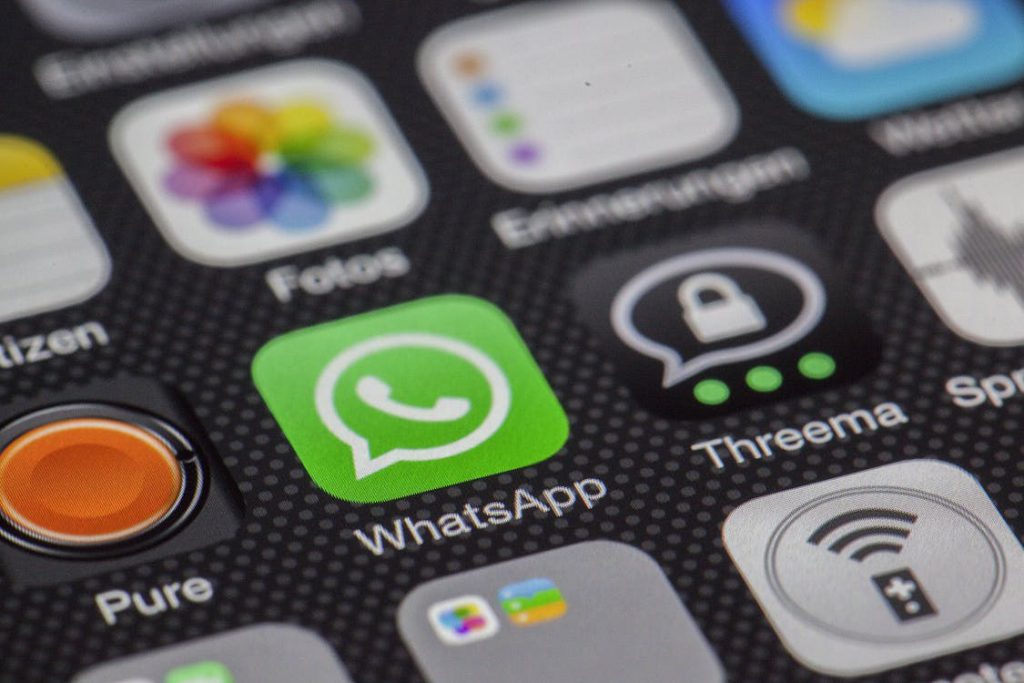In the rapidly evolving landscape of social media and mobile chat platforms, staying ahead of the curve is crucial for businesses aiming to engage effectively with their target audience.
I’ve been looking over some of my old articles recently at how things have changed since I first wrote them.
Update 17th September 2023
As we move further into 2023, it’s evident that the digital landscape has undergone significant transformations since my original 2017 article.
Recent data from authoritative sources like Statista indicate that over 3.6 billion people are active on social media globally, with over 57 million in the UK alone.
This growing user base highlights the increasing influence of social media and mobile chat platforms on consumer purchasing behaviour.

To put this into perspective, let’s look at some comparative statistics:
Global Social Media Users:
- 2017: Approximately 2.46 billion
- 2023: Over 3.6 billion
Difference: An increase of over 1.1 billion users, representing a growth rate of approximately 45%.
Mobile Messaging Users:
- 2017: Around 1.3 billion users for platforms like WhatsApp and Messenger.
- 2023: Estimated to be over 2 billion.
Difference: An increase of about 700 million users, marking a growth rate of nearly 54%.
E-commerce Sales via Social Media:
- 2017: Social commerce was still in its infancy, contributing to a small fraction of online sales.
- 2023: Social commerce is now a significant channel, with estimates suggesting it could account for up to 20% of online sales.
Difference: A substantial increase in the role of social media in driving e-commerce sales.
Chatbot Interactions:
- 2017: Chatbots were relatively new, handling basic customer service queries.
- 2023: Advanced AI-driven chatbots now manage a wide range of tasks, including sales and personalised customer service.
Difference: A significant advancement in the capabilities and adoption of chatbot technology.
These statistics underscore the dramatic shifts that have occurred in the realms of social media and mobile chat, both in terms of user adoption and technological advancements.
The growing numbers indicate the increasing importance of these platforms in influencing consumer behaviour and offer a compelling reason for businesses to adapt their digital marketing strategies accordingly.

Evolving Consumer Behavior
Consumer expectations have shifted dramatically over the years. The emergence of social commerce and personalised messaging platforms has revolutionised the customer journey.
Today’s consumers demand real-time, personalised interactions, compelling businesses to adapt their digital marketing strategies accordingly. The emphasis is now on creating meaningful engagements that lead to higher conversion rates.
COVID-19 Impact
The COVID-19 pandemic has accelerated digital adoption across various sectors. With in-person shopping and interactions limited, businesses have turned to online platforms for customer engagement and sales.
Social media and mobile chat have become indispensable tools for customer support, product discovery, and even direct sales through social commerce features.
The pandemic underscores the need for businesses to fine-tune their digital channels for a more personalised and efficient customer experience.

Chatbot Advancements
Chatbot technology has come a long way since 2017, thanks to significant strides in AI and machine learning.
Modern chatbots can handle complex queries and offer personalised customer service, making them an invaluable asset for any digital marketing strategy.
The integration of these advanced chatbots into social media and mobile chat platforms has streamlined customer service and enriched the overall user experience.
What’s Next for Social Media and Mobile Chat?
As we look to the future, several trends are poised to shape the landscape of social media and mobile chat.
The integration of augmented reality (AR) into shopping experiences, the rise of voice-activated search, and the continued growth of AI technology such as ChatGPT and Google’s Bard are just a few developments to watch.
Businesses that can adapt and innovate in line with these trends will not only stay ahead of the curve but also offer an enhanced customer experience that can significantly influence purchasing decisions.
Original Article, below, first published 1st November 2017

Businesses today have more tools for social influence than ever before, including mobile chat applications.
The Paradigm Shift: From Social Media to Mobile Chat
The nature of marketing is changing with more and more businesses utilising mobile chat solutions like Facebook Messenger, WhatsApp, Instagram and other mobile applications/social media networks to connect with consumers directly.
Personalised Consumer Engagement: A One-on-One Approach
These methods of communication represent a new and very personal way to connect with consumers one-on-one, to deliver a more individual and unique customer experience.
Case Study: Clarks Shoes and WhatsApp Storytelling
A great example of a retailer utilising WhatsApp for marketing purposes is Clarks Shoes.
In 2015 Clarks began using a storytelling campaign through WhatsApp, to display some of the main features of its desert boot and its fashion history.
They were some of the first to leverage WhatsApp as a marketing tool, to tell a story to a mass number of users.

The Power of Storytelling in Mobile Chat Marketing
Storytelling, using mobile chat and image-sending features with product links, created a very compelling marketing campaign.
Leveraging Facebook Messenger for Business Success
Facebook Messenger is also a way that many companies are leveraging success, beyond just a simple social media profile.
Through Messenger’s auto-reply features and Chatbots, it’s possible for a business page to deliver instant customer service responses or create user-specific advertising that can appear in a message.
Facebook’s Evolving Tools for Retailers
Facebook is opening up these tools to retailers to connect with users on a much more personal basis and to ensure that product creators can deliver a more personal connection with the platform.
When it comes to influencing social media and mobile chat habits, these messaging applications aren’t going away anytime soon.
As more retailers focus on a more personalised consumer approach to advertising it can create more in-depth customer loyalty and improved conversion rates.

The Longevity and Future of Mobile Chat in Marketing
When it comes to influencing social media and mobile chat habits, these messaging applications are here to stay.
As more retailers focus on a more personalised consumer approach to advertising, it can lead to more in-depth customer loyalty and improved conversion rates.
The future of social media marketing and influence could very well rest with messaging apps moving forward!
If you would like to know more about any of the topics contained in this article and how social media and chat can be integrated into your business’s digital marketing strategy, please get in touch, we’d love to help.


